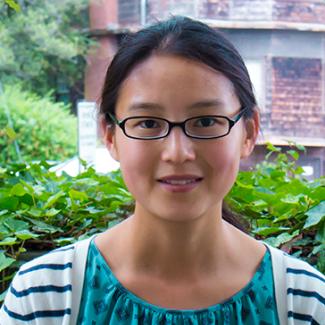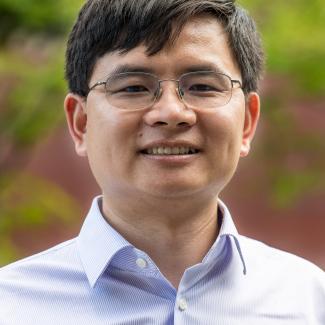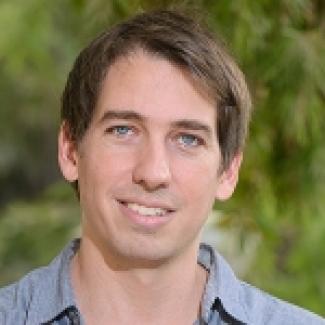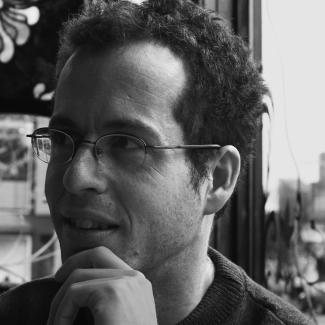
About
In recent years, the proliferation of learning and statistical inference tasks on complex data has led to renewed focus on the development of theory for the high-dimensional setting. In the existing literature on such problems, it is notable that many fruitful ideas have emerged from the interplay among probability, geometry, and computation in the high-dimensional setting. For instance, the phenomenon of "concentration of measure" lies at the intersection of probability and geometry and is related to the problem of dimension-free guarantees for many important algorithms. Another example is the contribution of ideas from statistical physics toward both algorithm design and probabilistic analysis, which has led to advances in understanding for some classical problems in computer science.
High-dimensional problems have attracted the attention of researchers from across diverse fields of research: computer scientists, mathematicians, physicists, and statisticians have all contributed analytical tools, conceptual advances, and new problem directions. Despite much recent progress, important basic questions remain open, for instance: Which properties of data can be learned from a small number of samples? Can we characterize general trade-offs between the quality of data (statistical information) and the availability of computational resources? For what kinds of problems is it possible to make algorithmic guarantees that are dimension free or have minimal dimension dependence? Beyond the immediate applications, these questions are also related to fundamental questions in approximation theory, convex geometry, and classical models of physical systems.
In advancing our understanding of these problems, it becomes increasingly clear that several traditionally separate fields will have a role to play. Although this sense is widely shared, communication of ideas across different research domains has remained relatively limited, and cultural differences have led different groups to study similar problems but with different framings or in different regimes. This semester program aims to advance the state of research on high-dimensional settings by bringing together a diverse range of research perspectives.









